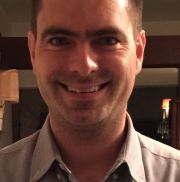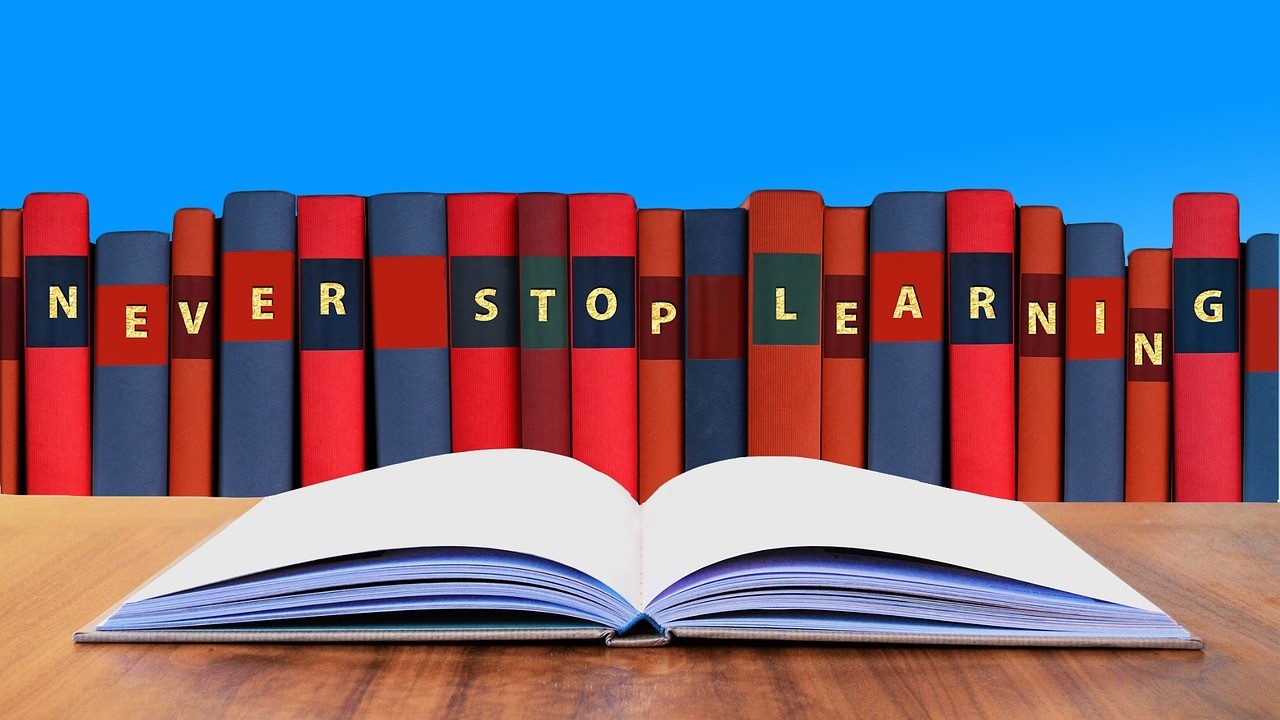Since my early years in medical school I have understood that teaching was one of the skills a physician should have. Teaching patients, families, and multi-disciplinary teams is a daily and complex activity. What shall we say then about teaching prospective doctors? Is it a higher calling, an inherent talent impossible to be taught and learned? Or is it a teachable skill itself?
Although I had great medical teachers during medical school and residency, a significant portion of them were simply adequate. The current approach to hire and invite physicians who may not have satisfactory training in health professions education seems fragile, in part due to incorrect assumptions and strategies. Researchers and content experts possessing academic titles and published manuscripts have a greater advantage over clinical and regular medical teachers without many credentials. Many medical schools take for granted that good researchers will automatically make good teachers. Oftentimes this is not the case since being a topic expert does not necessitate that they can facilitate the transfer of knowledge from one person to another. Many content experts lacking educational pedagogy and teaching purpose fail to engage with their students.
For the past two years I have been formally enrolled in a two year, on campus Master’s in Medical Education Program at Harvard Medical School. An early – and highly challenging class - was Teaching 100, the science of successful learning in medicine. This class breaks many assumptions, biases and misconceptions in medical education, utilizing evidence-based literature. The course leaders show that while learning is essential and life-long, teachers and students often use the wrong teaching and learning strategies, and do not appreciate those which truly work. Some of the best strategies for deep learning are retrieval practice, interleaved practice and spaced repetition. However, many students endorse the popular re-reading, highlighting, cramming and studying with friends as their favorite learning strategies. Unfortunately, many learners are unaware of evidence-based learning strategies which lead to longer retention. These strategies are not intuitive, they are harder to learn and don’t lead to immediate success in performance. Cramming and re-reading are more comfortable for students; they lead to fluency (retention for short period) but not to mastery (long term retention). Moreover, students who endorse and practice evidence-based learning strategies have higher academic achievements. In the beginning of the first academic year, medical students at Harvard read and discuss the book, Make it Stick – the foundation of the evidence-based learning strategies for lifelong learners.
Most of us in my master’s program enter as physicians and experienced medical faculty. However, we often come to the same conclusion that we are not practicing and using the best learning tools with our students and trainees. In addition, most of our medical school teachers did not discuss or mention the process of learning medicine for a lifetime through the use of metacognition strategies. The gap between what science already knows and what medical schools are practicing is wide and may widen even further since knowledge is spreading rapidly due to information technology.
Dr. Edward Hundert, Dean for Medical Education at Harvard Medical School, provided a great statement when teaching our class: The goal of medical education is not to learn medicine, but how to learn medicine for a lifetime. About half of what we teach students at medical school will turn out to be wrong or irrelevant by the time they retire from practice. The trouble is we don’t know which half.
Specializing in medical education is a great opportunity to truly experience your own teaching growth mindset and I believe it should be a required skill for developing medical faculty. Medicine has greatly evolved as a result of the expertise and training of medical specialists in different fields. Being a medical educator is a career path that should be envisioned and followed by those who wish to be involved in medical education. It seems logical and reasonable to aim for trained specialists in medicine. Recently, virtual medicine has been claimed to be established as a new medical specialty. Medical education should be regarded as a specialty just like any other within medicine. It has its own history, theories, practices, conferences, courses, academic journals and community. I have acquired a vast amount of knowledge and practice over the past two years of specialization: from understanding the history of medical education with the Flexner report in Time to Heal, to designing medical curricula, adult development theories, education pedagogy, technology, assessments, quantitative and qualitative analysis, simulation, learning strategies, communication and teaching skills, and leadership in medical education. With the help of my faculty mentors, I also designed and executed a final thesis project. Most of these topics are critical for faculty development.
I have learned throughout the years that teachers should come to medical school not only to teach medicine but also to learn how to teach medicine. Faculty development and coaching is a missing brick in medical educator’s edifice. There are many live and online courses, short and extended medical education programs. It is time to leverage medical education to the next level. If one aims to become a medical educator, the first step is to re-examine one’s assumptions in teaching and learning evidence-based medical education theories and practices.
The ability to obtain specialized medical education training is a game changer. Not only does it impact the medical educator’s profession but also student and patient experiences. In his class for preparing teaching assistants at Harvard, professor Chris Christensen would say: teaching is the greatest of all vocations because when you use the right tools at the right time to the right students allows you to combine the momentary and the infinite. Teachers are often called guiding hands. Once they start practicing metacognition with their students, chances are that learners will start to apply pedagogy principles for a lifetime, constantly adapting knowledge to their patients’ needs, and will eventually use it with their future students as well.
References:
- Brown PC, Roediger HL, McDaniel MA. Make it stick. Harvard University Press; 2014 Apr 14.
- Dunlosky J, Rawson KA, Marsh EJ, Nathan MJ, Willingham DT. Improving students’ learning with effective learning techniques: Promising directions from cognitive and educational psychology. Psychological Science in the Public Interest. 2013 Jan;14(1):4-58.
- Nochomovitz M, Sharma R. Is It Time for a New Medical Specialty?: The Medical Virtualist. JAMA. 2017 Nov 27.
- Ludmerer KM. Time to heal: American medical education from the turn of the century to the era of managed care. Oxford University Press; 1999 Nov 11.
- Artino Jr AR, Cervero RM, DeZee KJ, Holmboe E, Durning SJ. Graduate Programs in Health Professions Education: Preparing Academic Leaders for Future Challenges. Journal of Graduate Medical Education. 2018 Apr;10(2):119-22.
Felipe Piza

Felipe Piza, MD, PhD, MBA (Educators ’17, HCE2.0 ‘18) is a Medical Educator and Infectious Disease and Critical Care specialist. Felipe currently holds a position as Critical Care Staff at Hospital Israelita Albert Einstein, and Medical Education consultant at Joslin Diabetes Center. Felipe’s areas of professional interest include faculty development, education technology, and leadership. Felipe can be followed on Twitter @felipe_piza1 or LinkedIin or contacted via email felipe_piza@hms.harvard.edu.

